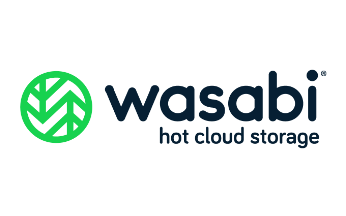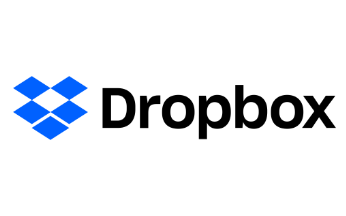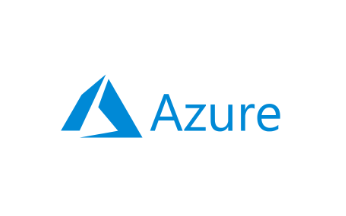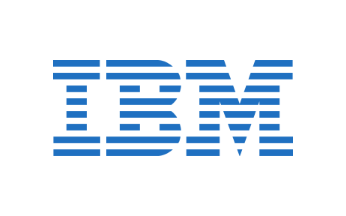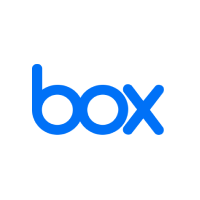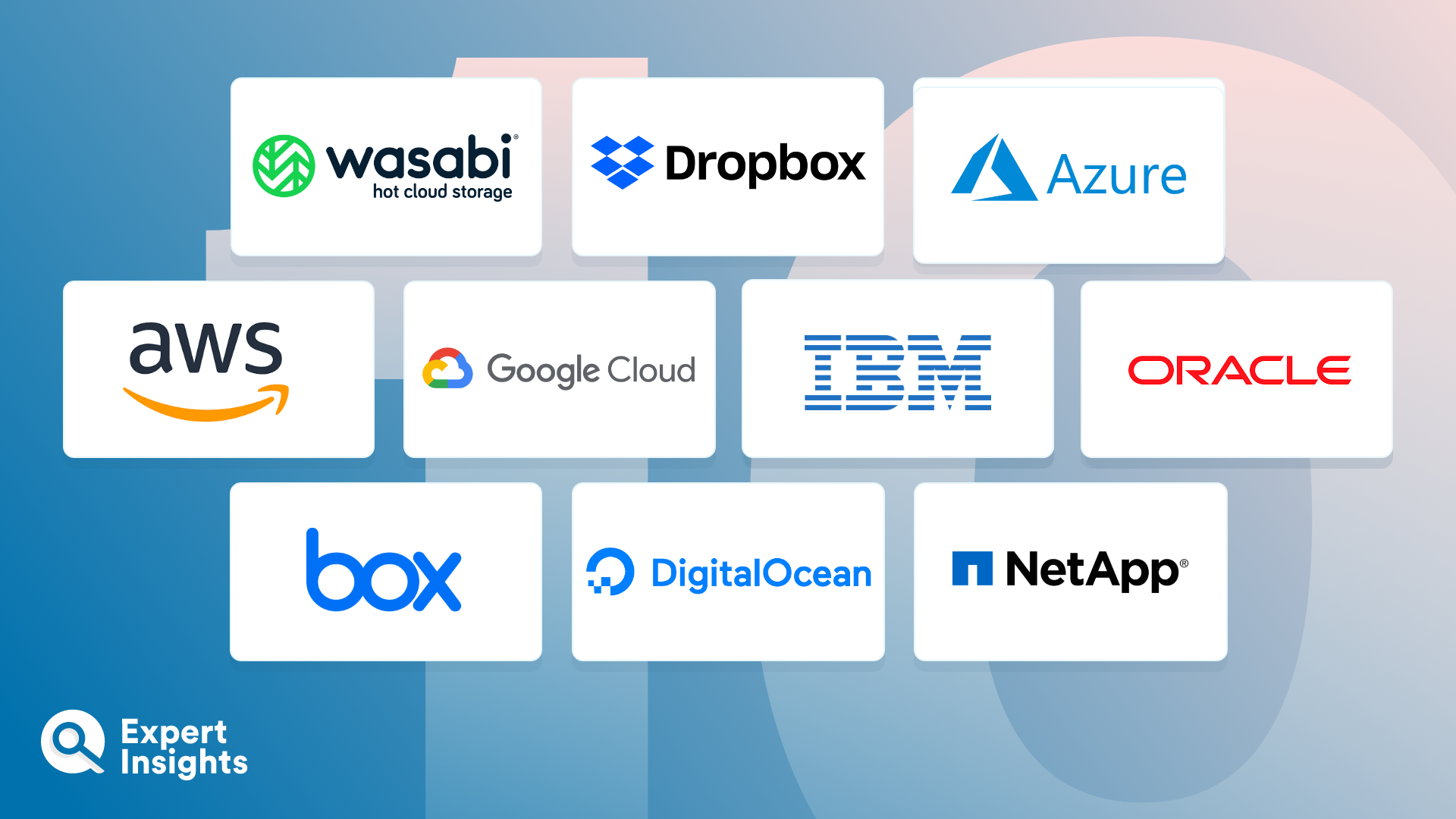In today’s digital age, public cloud storage services have become a key method of global data management. Cloud storage platforms allow individuals, small businesses, and large enterprises to store, access, and share vast amounts of data in a secure and scalable environment. Alongside enhanced data management capabilities, public cloud storage services have removed the need for physical storage and provided users with on-demand accessibility.
Public cloud storage services come with a host of advantages. They easily scale either up or down to meet demand, are more cost-effective than traditional on-site storage solutions, and enable easy access to data. They also tend to come with strong security features (like data encryption, access controls, and backup options) to keep your data safe while it’s stored in the cloud. Companies should look for a cloud storage solution that offer high availability, multi-regional storage options, automated data backup, and seamless integration with other cloud-native tools and services.
We’ve created a buyer’s guide featuring some of the top public cloud storage solutions currently available; in each case we’ll highlight their key features and use-cases. Read on for an introduction on public cloud storage solutions, how they work, and some key features to consider when choosing a solution.




